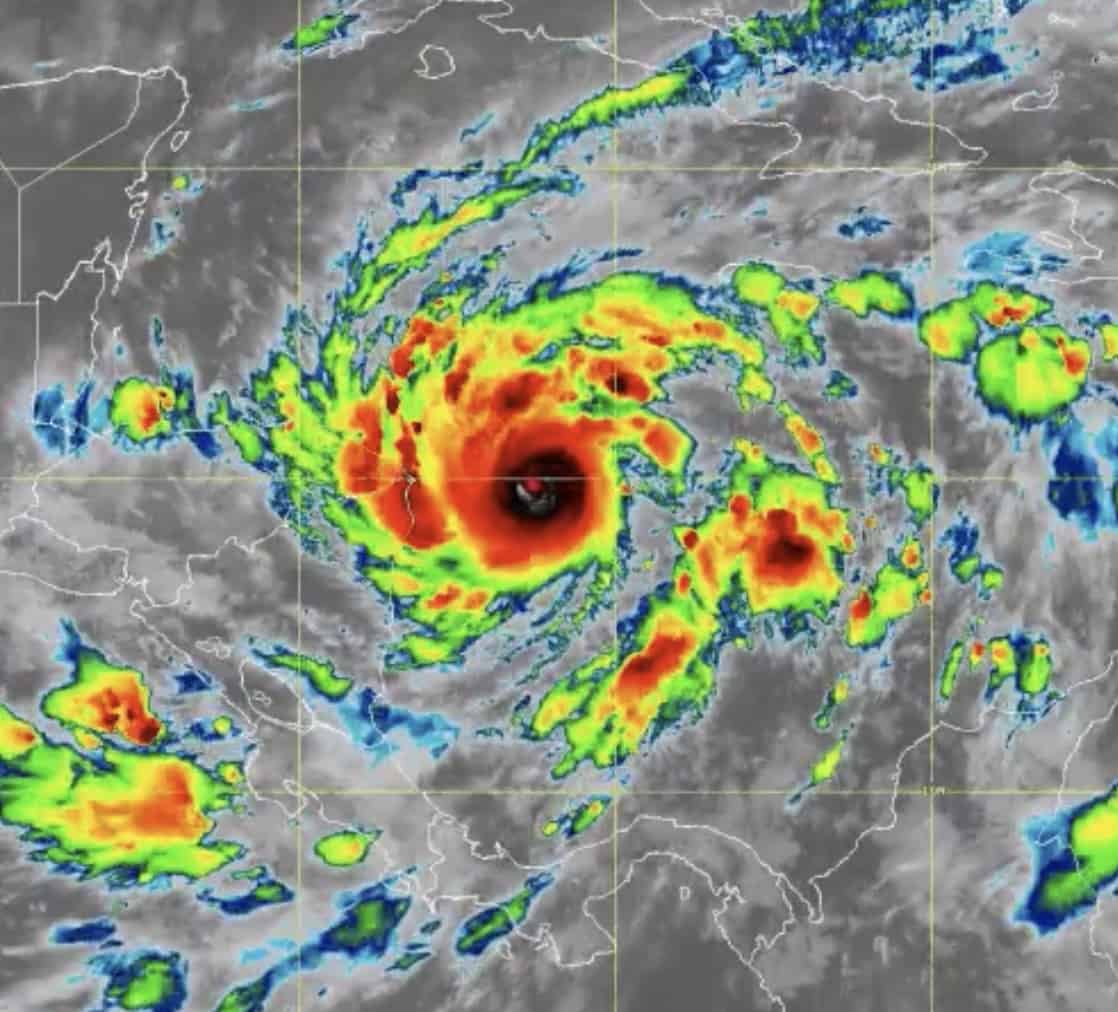The Department of State is issuing a weather alert to U.S. citizens regarding the ongoing Hurricane Season, which extends until November 2023. While Costa Rica is not directly in the Atlantic hurricane belt, it can still experience the effects of hurricanes and tropical storms. It is crucial for travelers to be aware and prepared for any potential weather disturbances during their visit to this beautiful Central American country.
The Atlantic hurricane season commenced on June 1 and will continue until November 30, 2023. According to the National Oceanic and Atmospheric Administration’s (NOAA) Climate Prediction Center, the 2023 season is expected to be near-normal or average. NOAA predicts that this season may see the formation of 12 to 17 storms, out of which 5 to 9 could develop into hurricanes, with the potential for 1 to 4 of them becoming major hurricanes.
To ensure your safety and well-being while in Costa Rica during the hurricane season, it is important to take the following precautions:
- Enroll in the Smart Traveler Enrollment Program (STEP): Registering with STEP allows you to receive security updates and pertinent information about Costa Rica. Encourage your friends and family who plan to travel to Costa Rica from the United States to register as well.
- Be prepared for potential delays: In the event of a hurricane, it is possible that you may be unable to leave the area for 24-48 hours or longer. Roads may be impassable due to flooding or debris, affecting access to airports and land routes. Stay informed about local conditions and follow the guidance of local authorities.
- Obtain travel insurance: It is advisable to obtain travel insurance that covers unexpected expenses, including health emergencies and evacuations. If an evacuation becomes necessary, the U.S. Department of State may collaborate with commercial airlines to facilitate the safe departure of U.S. citizens. Remember that under U.S. law, any evacuation costs are the responsibility of the individuals.
- Prepare an emergency kit: Assemble a kit of essential items in a waterproof container. This kit should include bottled water, necessary medications, non-perishable food items, a battery-powered radio, and vital documents, such as passports. During a storm, it is best to avoid driving as road conditions can be hazardous.
Stay informed about weather developments by monitoring local radio, local media channels, and the National Hurricane Center (NHC) website at nhc.noaa.gov. Share your whereabouts with friends, family, tour operators, hotel staff, and local officials. Maintain close contact with them for evacuation instructions during a weather emergency.
For additional information and resources on hurricanes and storm preparedness, visit the Department of State’s dedicated webpage titled “Hurricanes, Typhoons, and Cyclones.” The Federal Emergency Management Agency (FEMA) and NOAA also offer valuable tips and guidelines on their respective websites, ready.gov/hurricanes and nhc.noaa.gov/prepare/ready.php.
While Costa Rica is renowned for its natural beauty and vibrant culture, it is essential to stay vigilant and prepared during the hurricane season. By following these recommendations and staying informed, you can ensure a safe and enjoyable visit to this captivating country.






